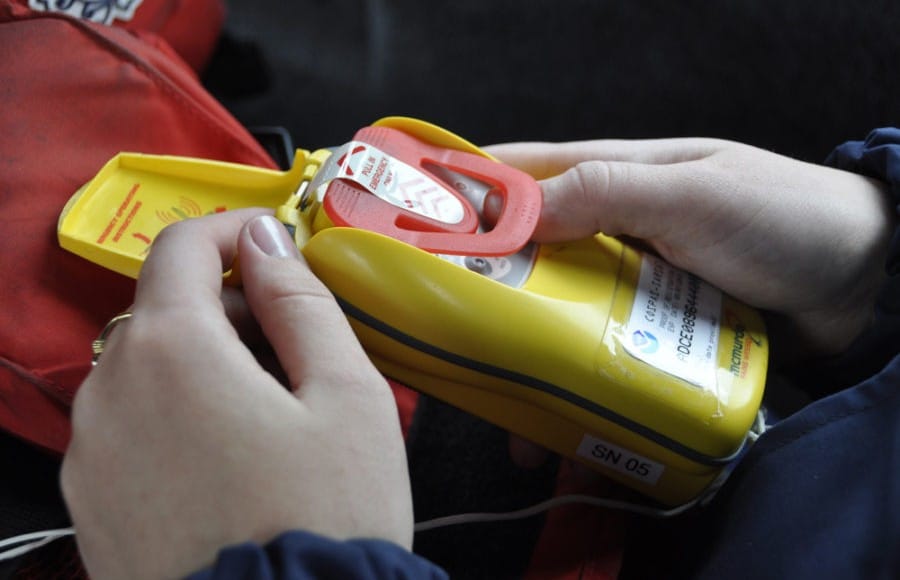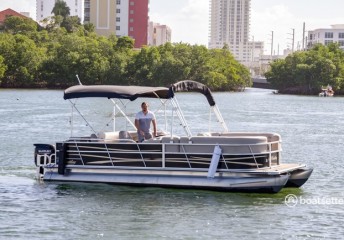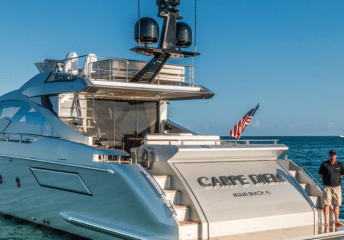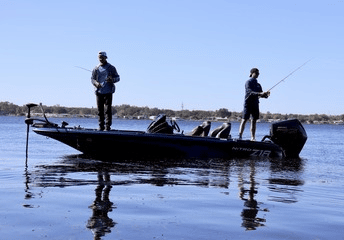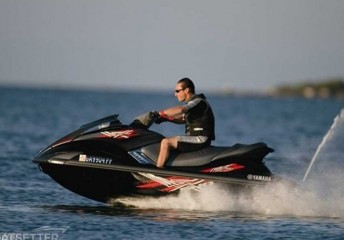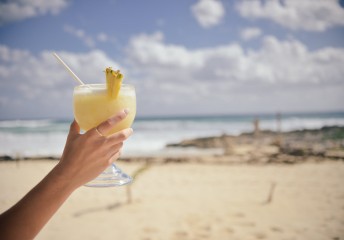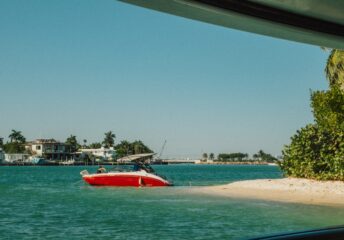Florida senate approves new boating law, drops anchor on governor’s desk
Last Updated on January 18, 2022 by Boatsetter Team
MIAMI – The leadership at Boatsetter, a peer-to-peer boat sharing company, announced their support Thursday for a new boating law, which was approved by the Florida senate Wednesday in a 39-0 vote. If the bill is signed into law, Florida boaters, including boat owners and captains who use Boatsetter’s services, will receive a discount on vessel registration for taking the additional safety measures required by the bill.
House Bill 0427 ultimately provides a discount on vessel registration for boat owners who obtain and carry an emergency position indicating radio beacon (EPIRB) on board. The bill was put into motion after two boys went missing off the coast of Jupiter, Florida in July of 2015. Boatsetter always recommends for boaters to purchase, register and carry an EPIRB on board, which will transmit their location to rescuers, when activated, in the event of an emergency.
“We are now calling on Governor Scott to sign this common sense bill into law,” said Jaclyn Baumgarten, chief executive officer for Boatsetter.com, which combines the rental mechanics of Airbnb with the on-demand labor dynamics of Uber. “Having an EPIRB not only significantly increases the likelihood of being rescued in an emergency, if this new bill is signed into law, it will also save boat owners money.”
For more information on Boatsetter’s boat-sharing community and how to find the best possible rental and captain, visit www.boatsetter.com and search over 3,900 boats, 1,800 captains all of which comes with a worry free 24-hour cancellation policy.
Image Courtesy of Coast Guard Seaman Samantha Randall, 20, of Coast Guard Station King’s Point in King’s Point, N.Y., displays a personal Emergency Position Indicating Radio Beacon (EPIRB) required to be carried by U.S. Coast Guardsmen who are underway April 15, 2009.
The Coast Guard strongly urges mariners to be prepared in case of emergencies and to bring survival equipment such as signaling and sound devices, a personal EPIRB, cell phone, radio and lifejackets while underway to increase chances of survival in the event something goes wrong. (U.S. Coast Guard photo/PA3 Barbara L. Patton)

Boatsetter empowers people to explore with confidence by showing them a world of possibility on the water. Rent a boat, list your boat, or become a Boatsetter captain today.
